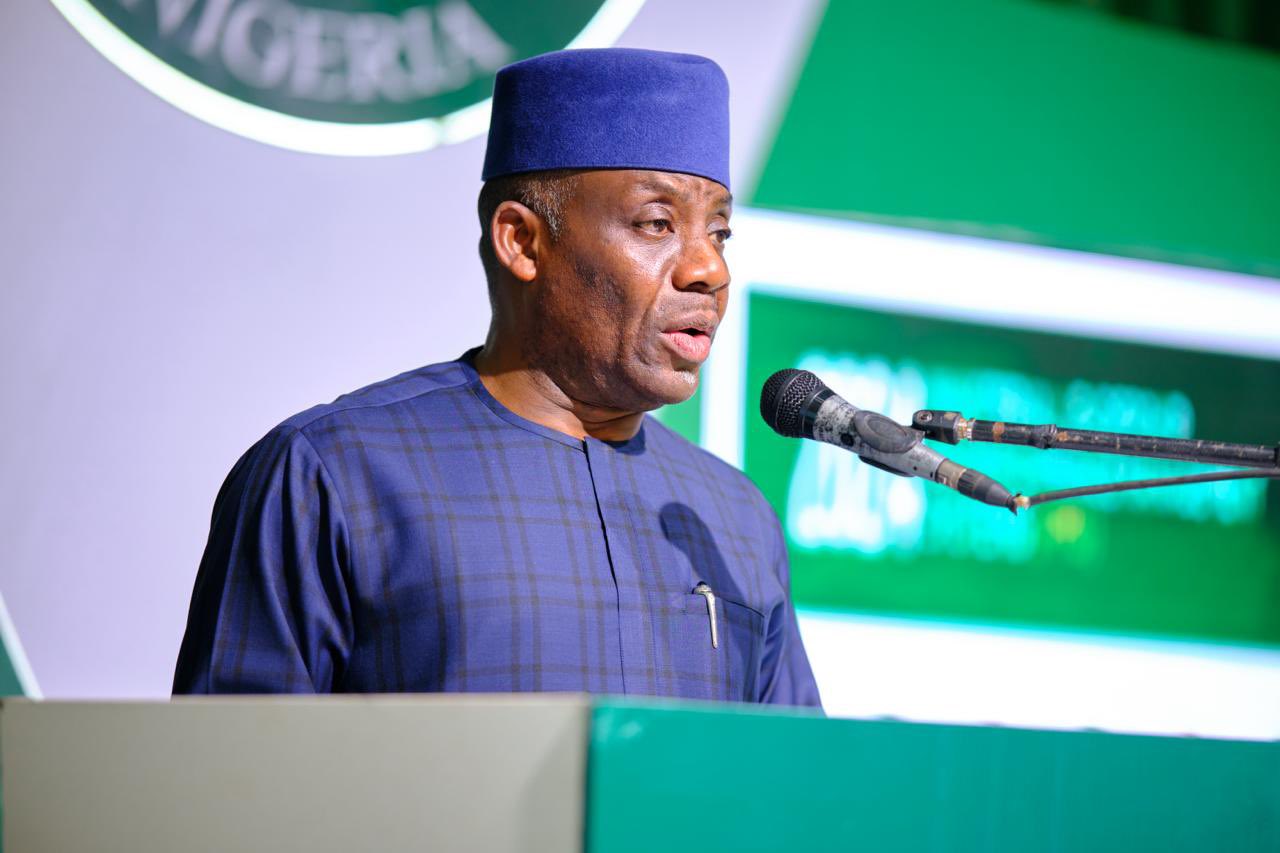
The Nigerian government has announced the reintroduction of Nigerian history as a compulsory subject in the National Basic Education Curriculum, aiming to strengthen national identity, patriotism, and responsible citizenship among young learners.
Speaking in Abuja, Minister of Education Dr. Tunji Alausa said the reform is part of a broader initiative to revive pride in the nation’s past and equip students with the knowledge and values necessary for active participation in nation-building.
“This comprehensive program will ensure that students understand their history while cultivating civic awareness and a sense of responsibility,” Dr. Alausa said. “For the first time in decades, Nigerian students will study Nigerian history continuously from first to second grade.”
Under the new curriculum, students from third grade onwards will engage with “Civics and Heritage Studies,” an integrated subject that combines historical knowledge with civic education. “This innovative approach allows students to appreciate the nation’s history while developing the values of citizenship, responsibility, and service,” the minister added.
Dr. Alausa credited President Bola Tinubu for championing the initiative under the Renewed Hope Program, describing it as a historic reform that reconnects children with their roots. “This represents an invaluable gift to the nation, inspiring pride, unity, and commitment to Nigeria’s development,” he said.
The minister emphasized that the integration of civic education with historical studies will prepare students to respect diversity, defend democratic institutions, and contribute positively to society. By grounding young Nigerians in their cultural and historical heritage, the government hopes to foster a generation that is both informed and engaged in the nation’s social and political life.
Education analysts have welcomed the move, noting that understanding a country’s history is key to developing civic consciousness and a sense of shared national purpose. The policy also aligns with broader efforts to strengthen values-based education across Nigeria, addressing concerns over declining social cohesion and civic participation.
With the reform set to roll out nationwide, educators and parents alike are preparing to guide students through a curriculum that bridges historical knowledge with practical lessons in citizenship, aiming to nurture informed and patriotic citizens for the future.



